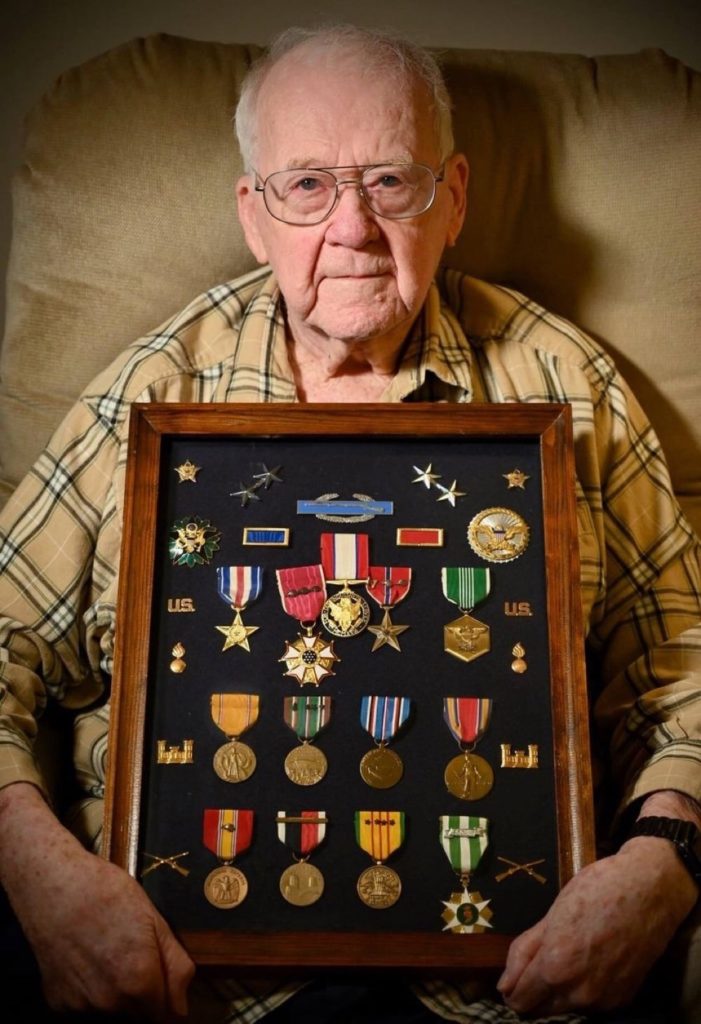In a single Lifetime
Few Men will ever align themselves with you
Fewer Men will ever go into a gunfight with you
Even fewer Men are willing to face Death with you
should the occasion arise Choose wisely whom you trust to stand at your side
Doc Holliday, Wyatt Earp and & his brothers

RT for the last surviving officer D-DAY first wave, turns 99

Valley Forge was a terrible time, a horrible place
there is a place far far worse
Morristown aka the Hard Winter
Most Americans take time to reflect on the meaning of independence and the sacrifice of the founding generation of Americans around the 4th of July or on their summer vacations visiting Colonial Williamsburg, Independence Hall, or Boston’s Freedom Trail. However, the story of the American Revolution is best told in the freezing days of winter. As the mid-Atlantic region of the United States hunkers down for snow, it does well to remember what was the absolute worst winter in the 18th century: the “hard winter” of 1779-1780.
The winter that year was bad. Over the course of the winter, New Jersey had twenty six snowstorms and six of those were blizzards! Every saltwater inlet from North Carolina to Canada froze over completely. In fact, New York Harbor froze over with ice so thick that British soldiers were able to march from Manhattan to Staten Island.
George Washington decided to place his army at Morristown, New Jersey for winter quarters. When they arrived at the encampment site in November 1779 there was already a foot of snow on the ground. Some snowfalls dropped more than four feet of snow with snow drifts over six feet. The temperature only made it above freezing a couple times in the whole winter. Officers remembered ink freezing in their quill pens and one surgeon recorded that “we experienced one of the most tremendous snowstorms ever remembered; no man could endure its violence many minutes without danger to his life. … When the storm subsided, the snow was from four to six feet deep, obscuring the very traces of the roads by covering fences that lined them.”
Because of the severity of the winter, provisioning almost 10,000 soldiers was nearly impossible. A soldier in the Connecticut Line, Joseph Plumb Martin remembered “We were absolutely literally starved; – I do solemnly declare that I did not put a single morsel of victuals into my mouth for four days and as many nights, except for a little black birch bark which I gnawed off a stick of wood, if that can be called victuals. I saw several of the men roast their old shoes and eat them, and I was afterward informed by one of the officer’s waiters, that some of the officers killed and ate a favorite little dog that belonged to one of them.”
Even General Washington noted after the winter that “The oldest people now living in this Country do not remember so hard a winter as the one we are now emerging from. In a word the severity of the frost exceeded anything of the kind that had ever been experienced in this climate before.” This came from the man who had suffered the terrible winter of 1776-1777 when his army had to cross an ice-choked Delaware River and who had witnessed thousands of his men die in the freezing winter of 1777-1778 at Valley Forge.
Despite the severity of this “hard winter” in 1779-1780 at Morristown, Americans tend to think that Valley Forge was the worst winter of the war. This probably has to do with the fact more soldiers died of disease at Valley Forge than at Morristown. While about 2,000 soldiers perished at Valley Forge, ‘only’ about 100 died at Morristown. Also, the Continental army underwent an amazing transformation at Valley Forge, becoming a professional army. The Morristown encampment, however, resulted in angry and hungry soldiers causing a mutiny that had to be put down. Joseph Plumb Martin remembered how he and his fellow soldiers were “venting our spleen at our country and government, then at our officers, and then at ourselves for our imbecility in staying there and starving in detail for an ungrateful people who did not care what became of us, so they could enjoy themselves while we were keeping a cruel enemy from them.”
So this winter, as you dig out your driveway or your car take a moment and imagine what the soldiers in Washington’s army had to endure at Morristown in 1779-1780.
They didn’t QUIT because quiting isn’t an option
From those days to this day what’s changed?
only one item changed
It’s our turn to Stand up or fall
in the face of TYRANNY

